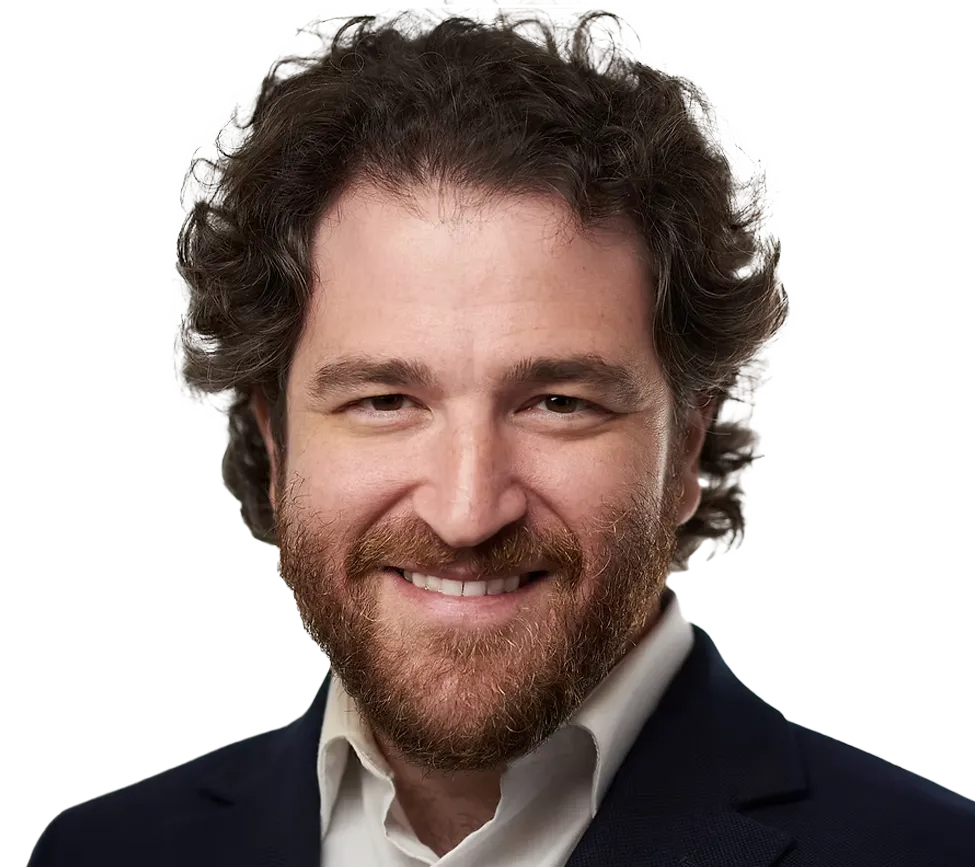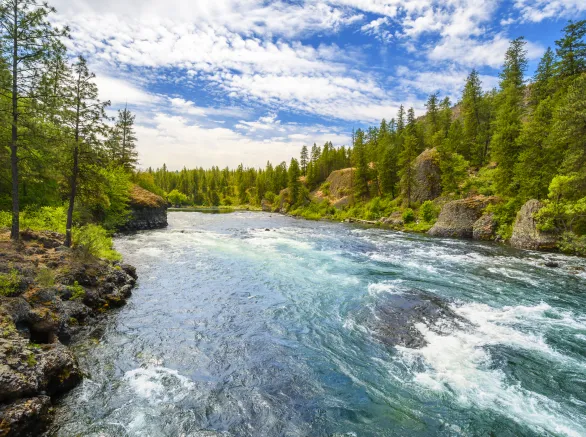

- Ph.D., Biology, University of Pittsburgh, 2013
- B.S., Geography and Environmental Science, University of Maryland, Baltimore County, 2007
- Certified Senior Ecologist
- (*asterisk indicates self-led workshops/trainings)
- 2025: Certified Senior Ecologist (CSE), Ecological Society of America
- 2025: *Stakeholder Analysis Using Data and Text Mining Tools, ExxonMobil Biomedical Science; Virtual and In-person
- 2025: Ecological Evaluation – Continuing Education course through Rutgers
- 2024: Indigenous Engagement Institute (IEI) workshop for leaders in government, industry, and philanthropy for building relationships with Indigenous Peoples (see https://indigengage.com/), Spearfish, SD
- 2024: *Mentoring Your Undergraduate and Graduate Students for Success in Private Sector Ecology (Led by myself, Lis Nelis, and Kenneth Klemow), Ecological Society of America, Long Beach, CA
- 2024: HAZWOPER 40-hour (through the American Safety Council)
- 2024: Wilderness First Aid (through National Outdoor Leadership School)
- 2024: Bioacoustic data collection & analysis (through Ecological Society of America)
- 2024: Green & Sustainable Remediation (through the Commerce and Industry Association of New Jersey)
- 2024: Life Cycle Assessment: Quantifying Environmental Impacts (through MIT)
- 2024: Working across cultures (sponsored by ExxonMobil)
- 2023: Water Quality Modeling Workshop, with emphasis on Qual2K (sponsored by EPA’s Water Modeling Workgroup)
- 2022: Basics of ArcGIS Pro (sponsored by NJ Department of Environmental Protection)
- 2020: Attendance at The Connected Faculty Summit, Arizona State University (virtual)
- 2017: Writing workshop, Stockton University
- 2014: NAPIRE (Native American and Pacific Islander Research Experience for Undergraduates) undergraduate mentor with OTS (Organization for Tropical Studies)
- 2014: The Society for Advancement of Hispanics / Chicano and Native Americans in Science (SACNAS) annual meeting, Held in Los Angeles, October 2014
- 2014: Participated in the Symposium on Urbanization and Stream Ecology, Portland OR
- 2014: Workshop: Mentoring Native Americans and Pacific Islanders, The Organization for Tropical Studies. Held in Costa Rica, April 2014
- 2011: Species traits: a functional approach to biodiversity, from organisms to ecosystems, McGill University; Description: 4-day intensive workshop on the role and use of plant functional traits in determining ecological function
- 2010: Fundamentals of Ecosystem Ecology, The Cary Institute of Ecosystem Studies; Description: 2-week intensive introduction to modern ecosystem ecology.
- 2008: Tropical Biology, Organization for Tropical Studies; Description: two-month field course in Costa Rica and Panama to learn the fundamentals and current state of tropical biology
- Assistant Professor, Environmental Sciences, Stockton University, 2017-2022
- Senior Chair, Private and Public Sector Ecologists Section, Ecological Society of America, 2024-Present
- Junior Chair, Private and Public Sector Ecologists Section, Ecological Society of America, 2023-2024
- Member, Ecological Society of America, 2009-Present
Dr. Stoler is an applied ecologist who focuses on meeting client needs in a manner that advances both business and sustainability. He employs a unique blend of foundational theory, traditional knowledge, and cutting-edge innovation. He has more than 15 years of research experience and is highly skilled at communicating science to diverse audiences. He applies his skillset to find solutions that meet stakeholder needs across sectors and regions.
Aaron has experience working across multiple job sectors, including academia, government, industry, and consulting. During his graduate, postdoc, and tenure-track academic career, Dr. Stoler has researched and published on a variety of topics, including 1) ecosystem linkages across freshwater and forest ecosystems, 2) community-focused ecotoxicological effects of pesticides and microplastics including both sublethal and lethal effects, 3) interactions between natural and anthropogenic stressors, 4) effects of road de-icing salts on wetland communities, 5) statistical relationships between biodiversity and ecosystem function, and 6) non-timber forest production. His research marries foundational questions in ecology with applied research. During his time as a research scientist with the New Jersey Department of Environmental Protection, he assisted with Total Maximum Daily Load (TMDL) reporting and mapping and helped to develop digital platform for improved surface water quality analysis.
During his time as an applied ecologist with the oil and gas industry, Dr. Stoler helped to restore landscapes, build community engagement, improve biodiversity monitoring, and assist development of corporate biodiversity and sustainability strategies. He continued research in a variety of different topics, including green space (e.g., biophilic designs) and occupational hygiene, indigenous and traditional ecological knowledge, and life cycle impact analysis. He also focused on advanced methods of biodiversity monitoring, such as environmental DNA (eDNA), bioacoustic, camera trapping, drone imagery, remote satellite sensing, and machine learning. As part of this research, Dr. Stoler also collaborated with an international team to better understand biodiversity metrics and definitions as they are applied in biomes across the world.
His driving philosophy is that environmental sustainability can go hand-in-hand with business and economic growth. He works to achieve this by helping clients realize the value of their natural assets — both to meet regulatory demands (e.g., CSRD, EIA) and develop portfolios on voluntary markets (e.g., mitigation banks, conservation banks). He considers restoration and remediation requirements as opportunities for going "above and beyond" those same requirements to generate higher revenue, greater social license to operate, and improved economic standing. To this end, he has experience in guiding industries (e.g., oil and gas) toward wildlife habitat certifications which showcase the tremendous work of dedicated staff and community members.
Because of his background in quantitative ecology and experimental design, he focuses on ensuring the long-term viability of nature-based solutions by using ecological theory in scientific approaches. He is familiar with multiple methods of scientific experimentation, such as remote fieldwork, artificial mesocosm manipulation, and laboratory-based studies. He has worked for long periods in remote locations, including both tropical and temperate environments. He has expertise in multivariate analysis of ecological communities and has taught college courses focused on the design and analysis of complex ecological experiments. He is particularly interested in advancing methodologies for coupling multi-modal sensing networks (e.g., camera traps, bioacoustic recorders, drones, environmental DNA) with machine learning to achieve superior remediation, restoration, and conservation outcomes.
Many of his projects leverage interdisciplinary networks spanning multiple fields and include both the humanities and sciences. For example, his interest in the effects on green space, biophilic design, and human health links ecology, policy, architecture, engineering, psychology, and art. As a former university professor, Aaron also strives to incorporate an element of education, outreach, and inclusivity into his work. He is particularly interested in helping with community engagement projects that reduce environmental justice problems and empower communities to become more sustainable.
